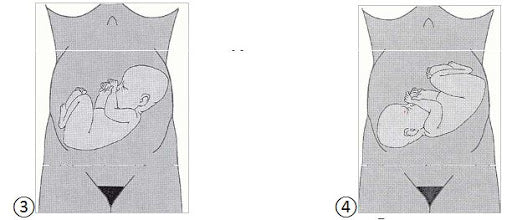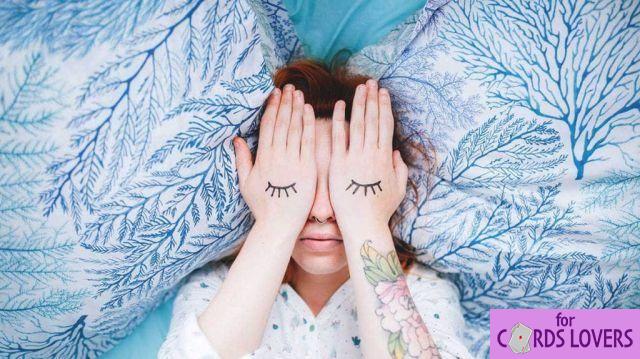
Sleep to lose weight? It seems like a utopia, a real chimera to think that by sleeping you lose weight. That would be too easy, wouldn't it? Well, today we are going to give you some very good news because sleep does indeed promote weight loss.
Something as simple, a priori, as rest helps us to accelerate the effects of any weight loss treatment.
If you feel like you need to lose weight or have a period where you've put on extra pounds, stay here. We will reveal the scientific explanation of this phenomenon and you will discover 3 tips for sleeping and losing weight. We have started!
Why does sleep make you lose weight?
Rest is one of the keys to successful weight loss. But what scientific explanation is behind this? The key is in two hormones:
Ghrelin
Responsible for regulating appetite, the levels of which increase when we don't get enough rest.
Leptin
It sends signals of satiety to our brain and lack of sleep decreases it, that is, it lowers its levels.Different studies have analyzed the effects of lack of sleep on weight gain and one of them is the one published in the American medical journal Annals of Internal Medicine. Through this analysis, different patients who were on a weight-loss diet underwent different sleep routines. The results were revealing.
When patients' bodies were sufficiently rested, half of the weight lost was fat. However, when they reduced their hours of sleep, the amount of fat lost was cut in half, even though they continued to follow the same diet.
Additionally, sleep-deprived patients were hungrier, less satisfied after eating, and lacked the energy to exercise, another great ally of weight loss treatment.
The conclusion of the study was that people who dieted and did not rest for at least 7 hours a day experienced a 55% reduction in fat loss compared to their well-rested counterparts.
Lack of sleep affects our metabolism and complicates weight loss
On the other hand, lack of sleep and its relationship to weight gain is also linked to what some experts at the University of Chicago have called "metabolic grogginess." After a bad night, your body feels tired, tired and confused. But not just your body, but also your brain and with it the hormones that regulate fat cells.
With lack of sleep, our metabolism is unable to properly use insulin, the hormone responsible for regulating the amount of glucose in the blood. If insulin is working properly, fat cells normally remove fatty acids and lipids from the bloodstream.
On the other hand, when we become resistant to insulin, lipids circulate in the blood and this excess ends up storing fat in the wrong places, causing overweight and obesity, and favoring the onset of diseases such as diabetes.
Also cortisol, the stress hormone, comes into play in the absence of rest. We do not relax and as a result cortisol increases and with it the reward centers of the brain are activated which demand more caloric intake from us.
How to sleep and lose weight?
While we sleep, we burn calories. Think that our body is doing a huge effort during these hours: repairing cells and tissues, restoring our functions or restarting cells and neural networks, among other tasks.
To give you an idea, a 70 pound person can burn about 450 calories in an 8 hour night's rest. This is equivalent to 40 minutes of treadmill running. Impressive isn't it?
Thus, quality rest is a relevant factor when it comes to accelerating your weight loss process. But how do you guarantee a good night's sleep? Here we leave you several tips:
-
Blue light
Limit your exposure to blue light from digital screens and energy-efficient lighting during the hours before sleep, as it delays the production of melatonin.
-
Schedules
Set adequate sleep hours and go to bed early to ensure at least 7-9 hours of rest. Also, if you go to bed early, you reduce the time of cravings.
-
Space
Be sure to sleep in a cool, airy room away from distractions, which promotes a good night's sleep.


























